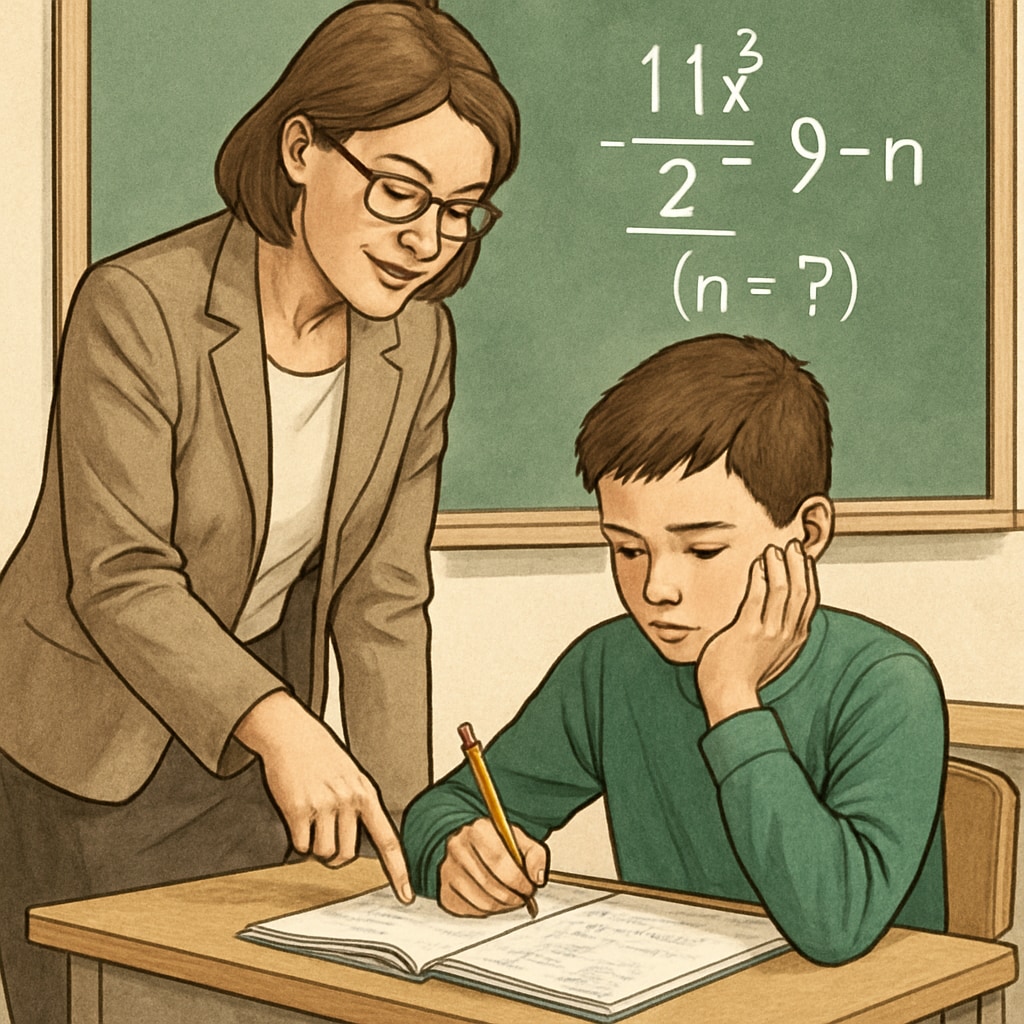When children demonstrate outstanding academic performance, skipping grades and accessing advanced educational resources often come to mind as potential strategies for their growth. However, while nurturing these young minds, it is critical to strike a balance between providing challenges and preserving their overall well-being. This article explores actionable ways to support academically gifted elementary students, ensuring their development remains multifaceted and sustainable.
Identifying and Understanding Academic Talent
Recognizing academic talent early is key to offering the right support. Gifted children often exhibit advanced problem-solving skills, curiosity, and a deep love for learning. However, academic excellence should not be the sole focus. Parents and educators must also assess emotional intelligence, social interactions, and physical development to ensure a well-rounded picture of the child’s abilities.
For example, educational assessments like IQ tests or curriculum-based evaluations can provide insights into areas where a child excels. Partnering with school professionals and psychologists ensures these evaluations are conducted responsibly and interpreted correctly.

Balancing Advanced Academic Challenges and Age-Appropriate Growth
While skipping grades (also known as acceleration) is sometimes considered for academically gifted students, this decision needs careful planning. Accelerating a child too quickly may expose them to social and emotional challenges that could hinder their development. Instead, parents might explore enrichment programs, extracurricular activities, or subject-specific advancement as alternatives.
- Enrichment programs: These allow students to dive deeper into subjects they love while remaining in their current grade.
- Online learning platforms: Resources like Khan Academy offer tailored, self-paced courses to enhance learning.
- Specialized tutors or classes: Advanced tutoring can help foster talents without disrupting grade-level dynamics.
Parents should also ensure their child receives age-appropriate social and recreational experiences alongside academics. This balance promotes emotional resilience and interpersonal skills.

Leveraging Educational Resources for Holistic Development
Accessing the right educational resources is essential for academically gifted students. These resources should not only challenge their intellect but also encourage creativity, teamwork, and problem-solving. Examples include STEM programs, debate clubs, and art workshops. Additionally, schools can offer gifted and talented programs that integrate advanced learning into a supportive classroom environment.
Parents and educators can collaborate to identify local or online opportunities. For instance, organizations like National Association for Gifted Children provide valuable resources and community support for families navigating the gifted education landscape.
Encouraging Social and Emotional Growth
Academically gifted children often face unique challenges, such as perfectionism or isolation from peers. Addressing these issues is crucial for their overall development. Encourage them to pursue hobbies, sports, or team-based activities where they can connect with others and build a sense of belonging.
In addition, open communication within the family can help children express their feelings and manage stress related to academic expectations. Parents should also avoid setting overly rigid performance goals, as this can lead to burnout or anxiety.
Finally, mindfulness practices like journaling or meditation can play a role in fostering emotional balance. Schools can integrate social-emotional learning (SEL) programs to further support these students.
Key Takeaways for Supporting Academically Gifted Students
To summarize, here are the crucial steps to guide academically gifted elementary students:
- Identify talent through comprehensive assessments.
- Balance academic challenges with age-appropriate experiences.
- Utilize enrichment programs and advanced educational resources.
- Encourage holistic development by fostering emotional and social growth.
By focusing on both academic excellence and personal well-being, parents and educators can ensure these gifted young learners thrive in every aspect of their lives.
Readability guidance: Short, engaging paragraphs with clear transitions ensure the article is accessible. Lists and examples provide practical solutions, while advanced concepts are explained simply for broader comprehension.


